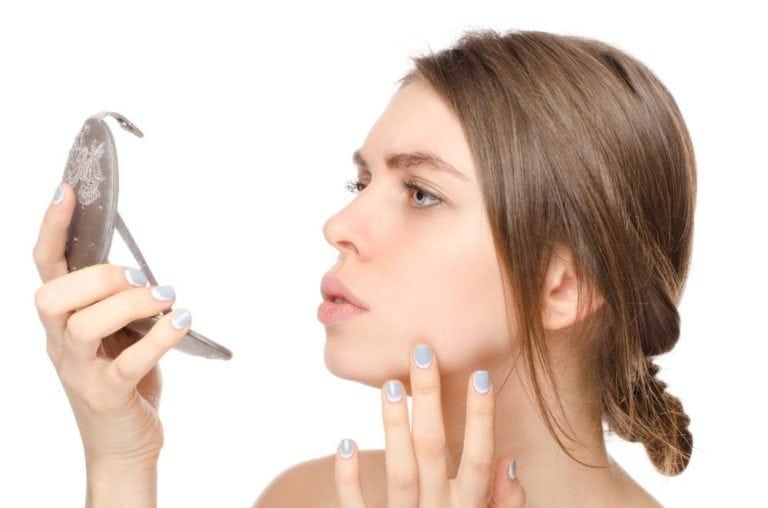Teenage acne is common but that doesn’t mean the condition should be ignored. Mostly aggravated by the abrupt arrival of new hormones that stimulate the dormant oil glands, causing plugging of glands followed by redness, swelling, and sometimes even pain. Teenage acne is usually emotionally distressing at a time when self-esteem may be somewhat fragile. Treating acne can not only prevent scarring but also alleviate self-esteem concerns.
We offer a large variety of acne treatments for teenagers utilizing a broad range of prescription topical medicines, oral prescription antibiotics, and vitamins, chemical peels, hormonal therapy such as birth control and Isotretinoin (Accutane).
When deciding how to treat teenage acne, our providers will assist by evaluating all of the options available and assembling a treatment plan with the teen and parent based on a patient’s individual circumstances. The treatment of teenage acne will often combine different modalities based upon the type and severity of the acne.
Acne cysts are larger, deeper pimples that tend to be painful. Cystic acne can be inherited and it is especially frustrating because the breakouts are painful, unsightly, long lasting scars. Luckily, we have many treatments available for cystic acne. These treatments include oral medications as well as steroid injections.
If the acne is severe and unresponsive to traditional therapy or procedural therapy, or if scarring is occurring then we often will recommend and prescribe Isotretinoin (Accutane). A complete personal and family medical history will be reviewed as well as a comprehensive discussion of the potential side effects and the monitoring process for this treatment. These treatments are done in conjunction with parental input and approval (until the child reaches age 18). We monitor teenagers monthly with this treatment until clearance is achieved. Many teenage acne treatments are covered benefits under a patient’s health insurance plan, but we will certainly always offer treatment options based on out-of-pocket expenses.
Adult acne is defined as acne occurring in individuals past 25 years of age. By this time, most teenage acne should have resolved. However, an estimated 5 % of men and 30% of women continue to or start to have some form of acne after their teenage years.
Adult acne is also the term used to refer to acne that started in adult life. There are many scenarios that can accompany the adult onset of acne such as pregnancy, perimenopause, other hormonal changes, and stress. There is also a form of acne that is found in adults suffering from rosacea. When treating acne in teens, the assumption is that we are trying to get through a difficult period, after which the acne will resolve on its own and medications will no longer be needed. Since this is not the case with adult acne, a long-term solution is necessary. Often Isotretinoin (Accutane) is considered in these cases in an to attempt to cure acne.
The treatment of acne in adults is different from that of teenagers; the skin may be drier or more sensitive causing it to be more difficult to use traditional acne therapy. The use of gentler topical prescriptions, chemical peels, and hormonal therapies, such as spironolactone in women, is very effective for adult acne in women.
The prevention of acne scarring is critical in teens and adults and so getting acne under control early in life is the goal. If scarring does occur, new treatments such as the Skin Pen Microneedling have shown to have excellent results. The Candela V beam laser can also be used for red or keloid scars. Topical treatments with retinoid creams increase cell turnover which improves the texture of the skin, and growth factors will help plump up depressions caused by acne scars. Injection of fillers such as hyaluronic acid ( Juvederm) can also be helpful.
If you need help managing your acne, please call the office for an appointment.






